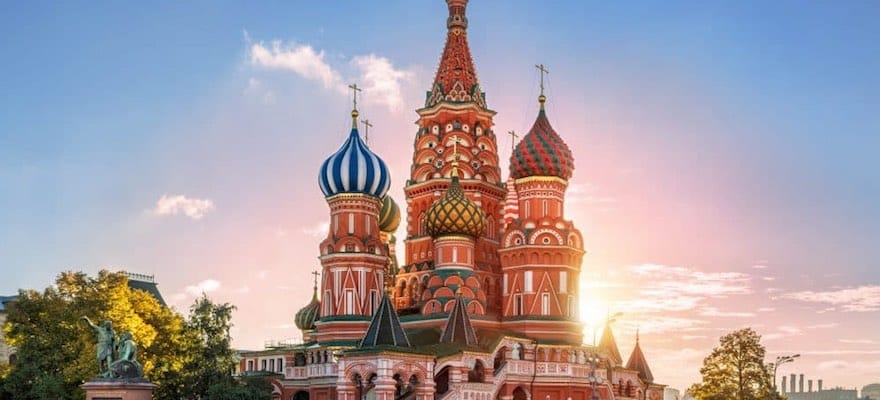A draft of a set of strict guidelines has been proposed for legislation by the Russian Ministry of Communications, according to a new report by CoinDesk. The new guidelines seem to be aimed at protecting investors and using ICOs to stimulate the Russian economy.
Under the proposed rules, companies who hold token sales will have to guarantee that investors can sell back their tokens. Additionally, any coin-issuing entity will be required to prove that they control a minimum of 100 million Rubles of “authorized capital” in a Russian bank account. Tokens sold during ICOs must only be exchanged for Rubles.
The guidelines also say that token sale holders must register and be granted a license to issue cryptocurrency, although details about how to apply for such a license have not yet been made clear.
Some See New Legislation as Incomprehensive, Mismatched With Existing Legislation, and a Threat to the Russian Blockchain Sector
Some voices in the Russian cryptocurrency community have found it odd that the Russian Ministry of Communications is getting involved in blockchain regulations and have criticized the draft for failing to address some important issues related to ICOs. For one thing, the document makes no mention of token pre-sales or any regulations relating to them. The draft also does not address the “lock up” periods following ICOs in which tokens cannot be resold.
Others have criticised the bill for falling out-of-line with existing regulations covering ICOs. Recently, on March 20, a draft law “on digital financial assets” was filed in the State Duma. The bill, which Deputy Finance Minister Alexei Moiseev confirmed as a solution to the disagreements between the Central Bank of Russia and the Ministry of Finance, outlines its own comprehensive rules for how ICOs can be conducted in Russia.
It can be said that Russia has suffered from a fair amount of regulatory confusion. Months of contradictory statements and actions came to some sort of resolution when both the Ministry of Finance and the Central Bank of Russia drafted their own regulations. The Russian government is reportedly hoping to have a finalized set of laws in place by July 1, a deadline that has been pushed back several times.
In the meantime, however, the regulatory confusion seems to have discouraged entrepreneurs from setting up shop in Russia.
“We haven’t seen a single ICO in Russia. All token sales are conducted abroad,” said TMT Investments Managing Partner Artem Inyutin to Kommersant.
Indeed, many of Russia’s neighbor states in Eastern Europe have taken ahold of the blockchain boom with alacrity. A study by the East-West Digital News and ICO Bench concluded that 17 percent of all ICOs and presales throughout the year 2017 originated from Eastern European countries.


















